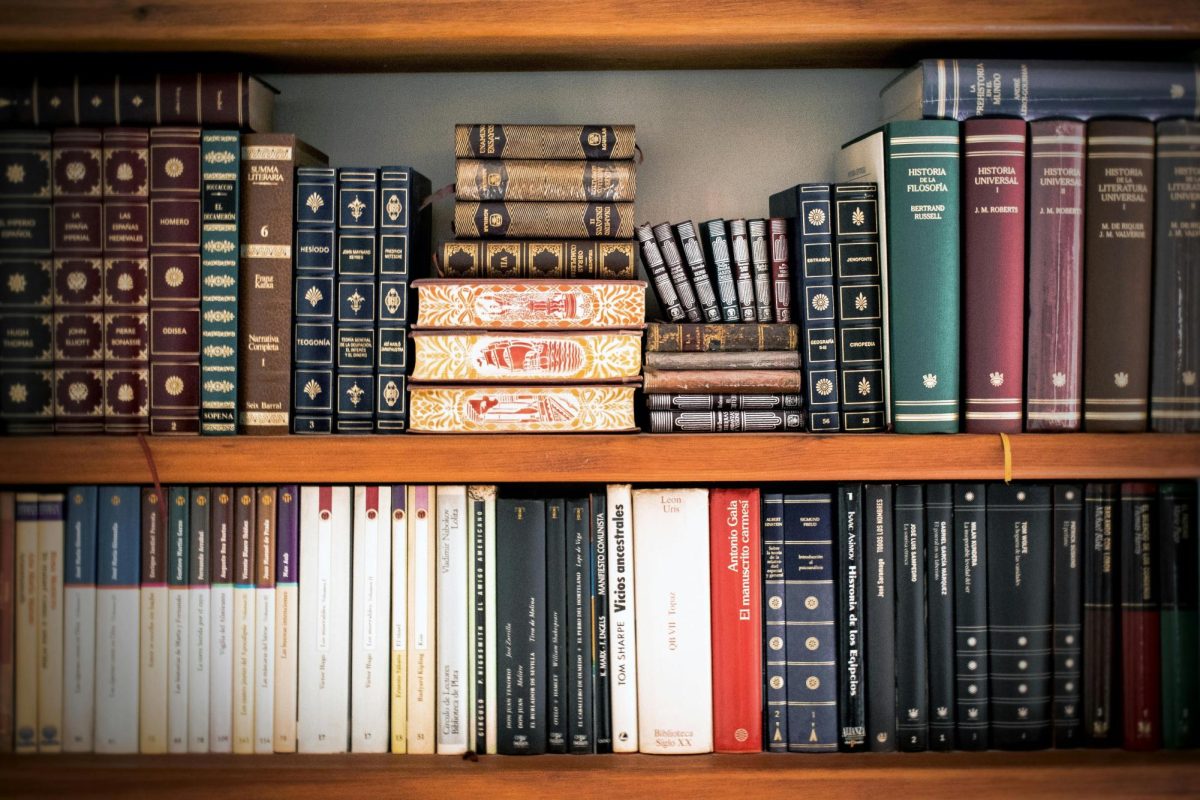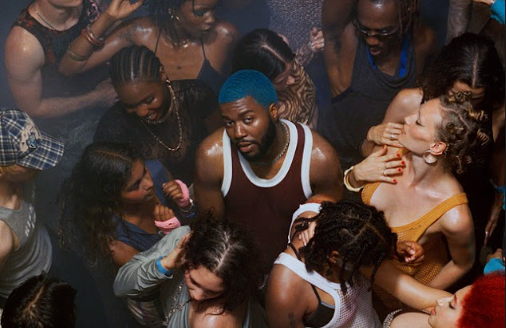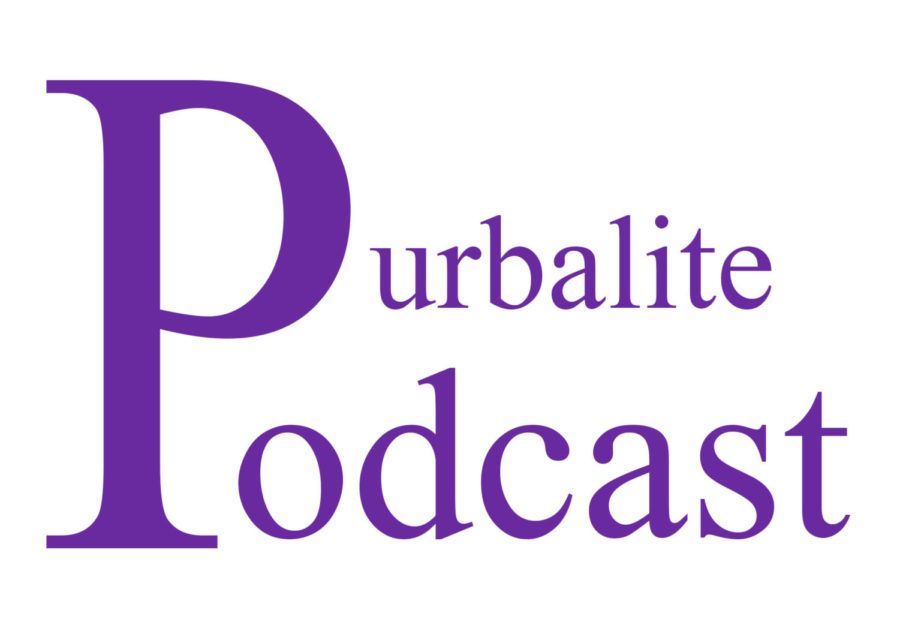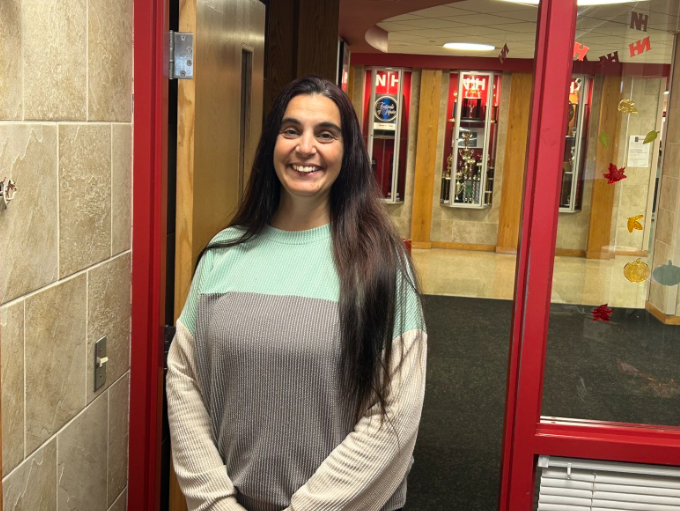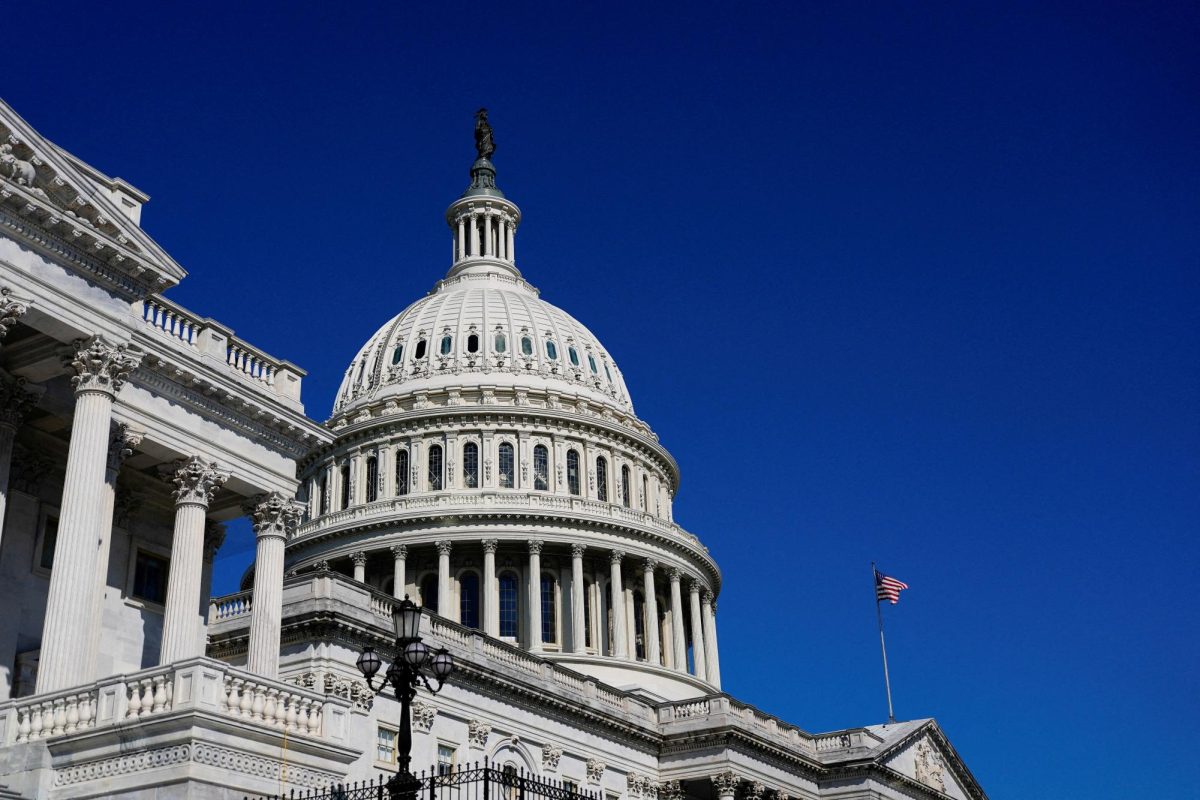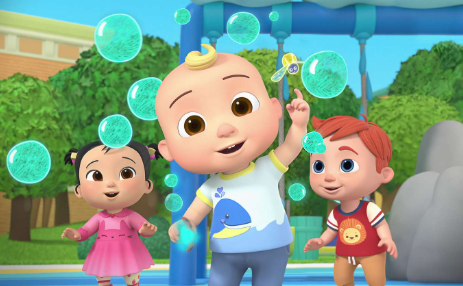Banned Books Week is an annual event founded in 1982 to bring awareness to literature that was being silenced at the time. This year’s event, held earlier this month, came at a time when books are being banned at a much higher rate.
In just the past four years, the number of books banned in the United States per year has more than tripled, according to PEN America.
The primary stated reason for books being banned has always been about protection – especially in regards to protecting children from topics deemed sensitive or harmful. But in truth, this book banning has never been about protection. It is and has always been about power.
It’s a pattern of control that dates all the way back to the 200s B.C.E., when Chinese Emperor Qin Shi Huang thought that destroying all books and historical records in China would lead the people of the future to believe that history started with him.
The most well known instance of book censorship occurred in 1933, when the Nazis burned more than 25,000 books written by Jews and Communists, plus anything else they considered to be unworthy, in a series of bonfires throughout Germany.
While these may seem like extreme cases, their echoes still exist in book banning seen today.
The majority of books being banned today are targeted because they explore issues such as race, sexual orientation, gender identity, and historical injustices. These works are often critically acclaimed and educational, such as The Hate U Give by Angie Thomas, The Handmade’s Tale by Margaret Attwood, and The Perks of Being a Wallflower by Stephen Chbosky. They teach us about ourselves and the world we live in.
Books like these are not banned because they are harmful. They are banned because they are powerful. They criticize and challenge traditional societal norms and social injustice. The people who ban books like this are searching for control, not offering protection.
Book banning replaces curiosity with blind obedience. It teaches people that certain identities are shameful and that only some histories hold meaning.
Literature is supposed to challenge us and make us uncomfortable. That is its precise purpose: expose us to the uncomfortable so that we can learn something important. If the world cannot accept that, then we are not protecting anyone. We are losing our critical thinking abilities, our individuality, and our freedoms.

